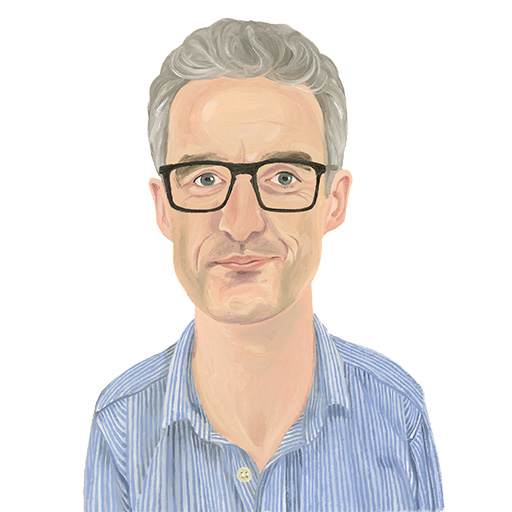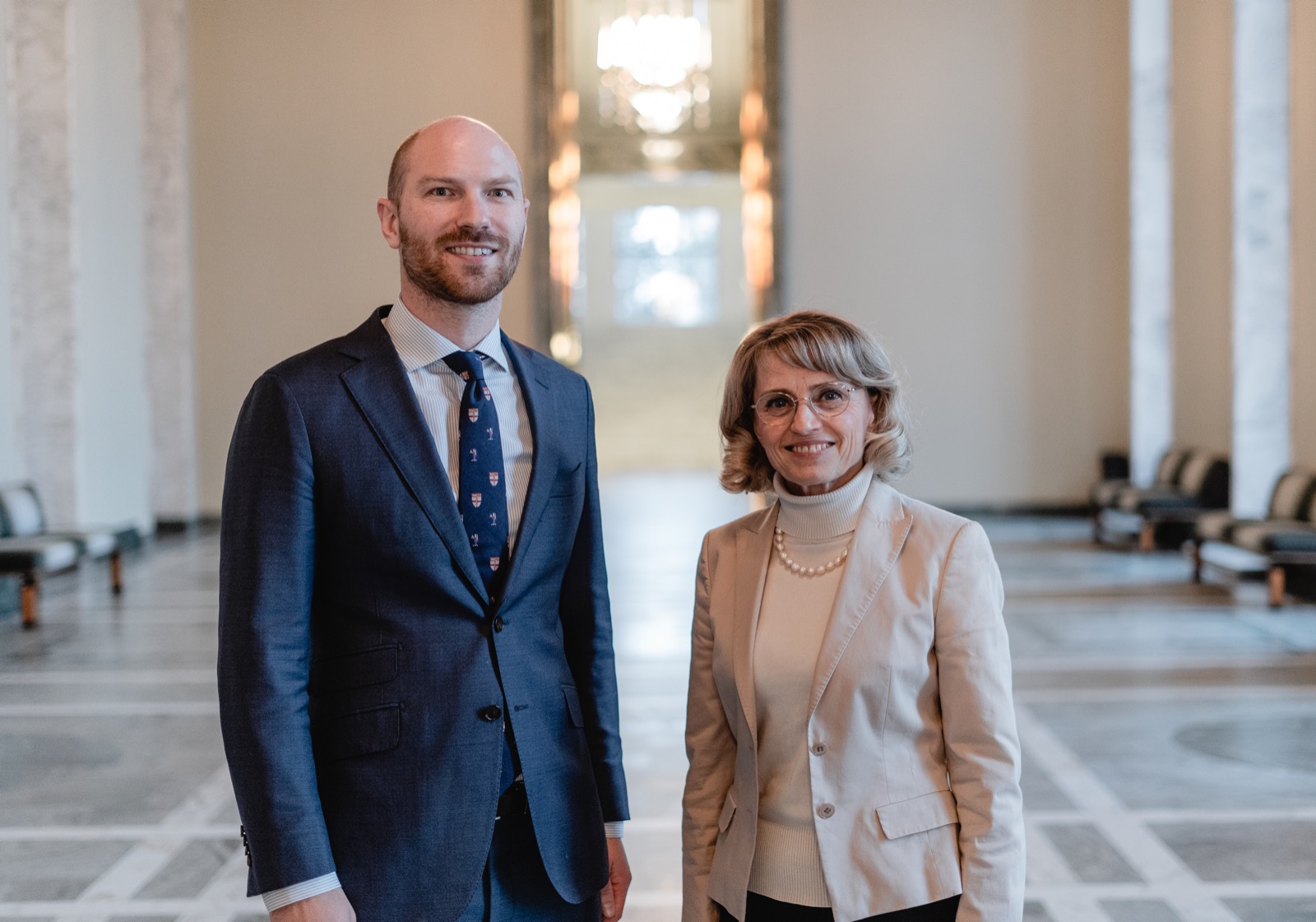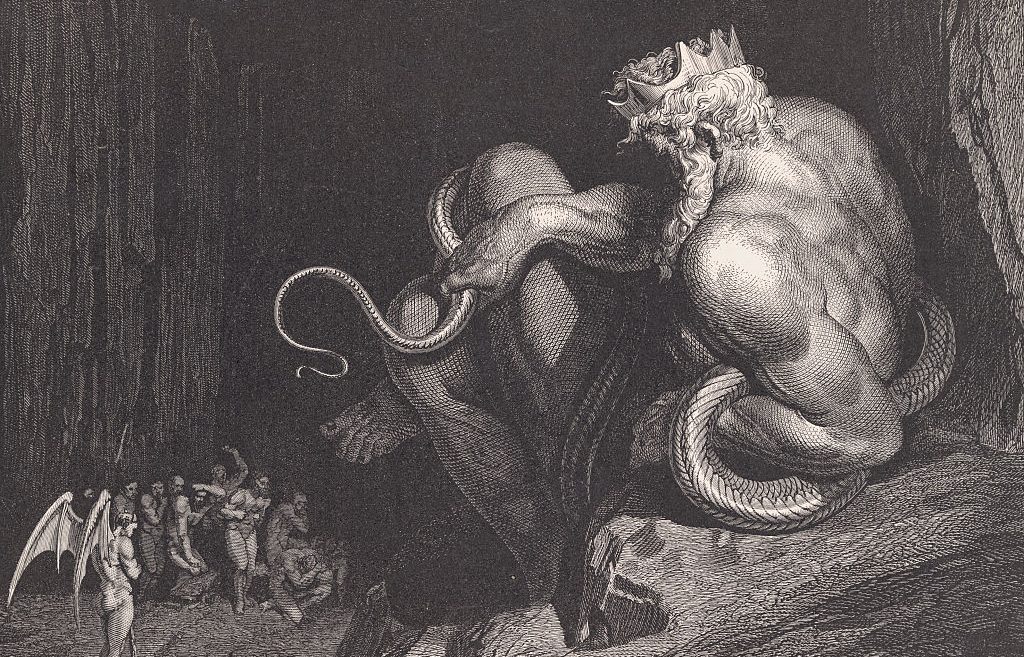Dora Moutot has been a journalist since 2012. She has worked for French TV shows like L’oeil de Links on Canal +, Tracks, and written for titles like Le Monde, Vice, Glamour, and Usbek & Rica.
She is also a prominent advocate for women’s rights in France. This has included her talking about female sexuality on her Instagram account @TasJoui. In 2019, trans activists started accusing her of being “transphobic”.
This was followed by three years of harassment, insults and threats. It led to her co-founding the feminist website Femelliste with Marguerite Stern, a feminist activist who received similarly hostile attention for her views.
In 2021, Moutot released her second book Mâle baisées, “the book that denounces patriarchy under the sheets”.
In her discussion with Brussels Signal, she talks about the state of France, its relationship to the European Union and how culture war issues such as transgenderism and gender identity are impacting the country’s population and causing further division.
Brussels Signal: The recent riots in France put the country in the international spotlight, given the scale of events. You have written about the risk of violence for those who speak out on transgender issues or advocate for women’s rights. Is France becoming more violent and why? Is it down to social media, a loss of French values, or to other factors?
France seems to be becoming an increasingly tense country. I find the atmosphere increasingly hostile and aggressive.
There have been a number of riots recently. People feel less and less safe.
The subject of immigration in France is taking up a lot of space in the debates and is dividing the population.
Many people feel that they no longer have enough purchasing power and feel suffocated by salaries that are too low, taxes that are too high, and prices that are too high for their wallets.
There is less freedom of speech, and people censor themselves enormously to avoid being subjected to “cancel culture”.
A lot of the media, especially those that receive large amounts of public funding, have a discourse that tends towards the extreme Left and [that] adopts the precepts of woke culture with their eyes closed. Le Monde is a case in point: they have become totally pro-transgender ideology and have lost all neutrality on this issue.
There’s currently a lot of pressure in France to be “right-thinking” [in terms of correctness]. Fewer and fewer people are subversive, and when they are, they are quickly side-lined.
The fear of the “social death penalty” is very present.
More associations are attacking people who don’t “think right” and who are critical of transgender ideology, vaccines or anything else.
Social networks obviously play an enormous role in people’s lives, and algorithmic bubbles only serve to confirm people’s ideological biases.
The culture of debate in France is disappearing more and more. I think there are many reasons behind these tensions, but I don’t think I have a global enough view to give a 360-degree answer.
On the subject of the excesses of transgender ideology, the French population doesn’t really know what’s going on, because the vast majority of the media are totally naive and positive about it.
A lot of people have realised that it’s better to keep quiet anyway.
Brussels Signal: Some criticise an “excessive politicisation” of the transgender issue and its use by more conservative interest groups to allegedly scare people and serve their political agenda. The argument — from those defending transgenderism — is that trans people are a vulnerable minority and that everyone else should therefore calm down and help them. The response to this — from conservatives, but also increasingly from feminists — is that it’s increasingly not as simple as that because the issue is being used to promote ideologies often stemming from the radical left. How should we navigate between these opposing arguments and positions?
If it’s “conservative” to say that being a woman is first and foremost a biological reality in a world that’s tending towards transhumanism and macho gender stereotypes, then so be it.
The question that needs to be asked is what are the famous rights that transactivist associations are demanding today? What are we talking about?
Because in my opinion, identifying oneself in someone else’s demographic should not be a right.
Invading women’s spaces and erasing the existence of women as a specific group in legislation should not be a right.
Imposing one’s metaphysical beliefs about gender identity on everyone in the form of laws and public policies with permanent suicide blackmail by totally disingenuous claims of facing “trans genocide” should not be a right.
Demanding that everyone should be able to “self-determine their gender/sex” on a 100 per cent declarative basis, with no proof required, should not be a right.
It should not be a right to erase biological reality for everyone because it does not suit an extreme minority.
Asking for operations and hormones to be fully reimbursed by our social security system, while claiming that being trans is not a psychological disorder, should not be a right. In that case, it’s a personal choice and society shouldn’t have to bear that kind of cost.
Asking that a man who decides to trans-identify as a woman be registered as the biological mother, and vice versa, should not be a right. It is a lie.
Punishing all those who do not adhere to the trans perception, by demanding [this] be enshrined in law, should not be possible.
And yet all this seems to pass…and even be supported by certain global and European institutions.
However, yes, people who decide to present a trans-identified appearance are often people in difficulty who have difficulty being integrated into society. So we need to make it easier for them to get jobs and combat the discrimination they experience.
We also need to give them access to the right to asylum. I have no objection to this type of right. But many of the “rights claimed” in the first place are not those.
Also, fighting discrimination and trying to increase people’s tolerance of difference should not mean denying the reality of sexuality and forcibly replacing it with the vague notion of “gender [identity]” for everyone.
(A clip from the TV show Quelle Époque in which Moutot debated transgenderism with Marie Cau, France’s first transgender woman mayor. During the debate, Moutot appeared entirely unsupported by the rest of the eight-strong panel. The studio audience often applauded when someone mocked or disagreed with Moutot’s opinions.)
Brussels Signal: Given that France is experiencing a lot of tensions currently, how do you think the majority of French people perceive the impact of the EU: do they see France’s membership of the EU as a source of support in difficult times, or do they think that EU membership contributes to problems afflicting France?
I would say that France is very divided on this issue. Some are still very pro-European, while others reject it completely and think that France should regain sovereignty in its decisions.
The Council of Europe, the European Commission and the European Parliament have had a huge impact in establishing the concept of gender identity in European countries, and particularly in France.
Brussels Signal: There are various commentators who suggest that things have got so bad in France that the country “is finished”, and that it can’t resolve what amount to existential fissures because of the breakdown of French society. Is the situation that serious? Do you fear for France’s future, or are you hopeful that, as you suggested in your article for UnHerd, France could be at a turning point where people will begin to react effectively, with a more sensible and orderly response to resolve the current disagreements and challenges?
I tend to be rather pessimistic.
I think that people in France are increasingly ill-informed.
And that as long as the mainstream French media continue to censor certain subjects (notably gender identity, vaccination, and so many others) to avoid debate, to constantly label any criticism as “conspiracy” and “fake news / fake meds, etc.” in order to immediately disqualify it, and to dictate to us what we should think instead of offering platforms for reflection, debate and the acceptance of disagreement, it’s going to be very difficult—for the country to turn things around and for the French to rediscover a sense of freedom.
[And] to rediscover what we French call douce france, pays de mon enfance [sweet france, land of my childhood] in order to combat the “suffocation” felt since the Covid crisis.

Brussels Signal: There is increasing talk of a swing to the Right in Europe and therefore of Marine Le Pen having a real chance in the next French elections given the levels of frustrations with President Emmanuel Macron. It is suggested that the current situation can’t go on and in France there is an increasing sense of “We have to try something else—anything else”. Do you think that’s the case, and what’s your view on the impact of a possible Le Pen presidency on France?
Frankly, I don’t know, because people still voted en masse a second time for Macron despite the criticised management of the Covid crisis, which I found surprising.
Obviously, many people have Right-wing ideas in France, except that they are less represented in the media, in culture, etc., and many of these people are afraid to say it out loud.
So it’s difficult to estimate how many people will switch completely to the Right, because it [could] happen in the shadows.






What is up with Brussels’ silence over Nord Stream revelations that ‘all evidence’ indicates Ukraine placed the explosives?